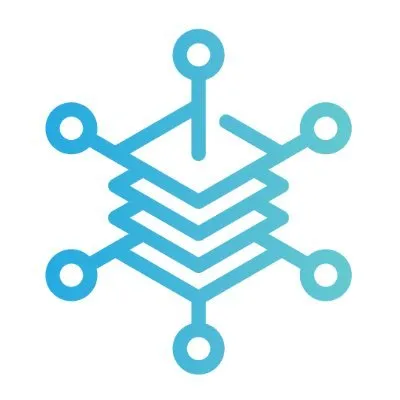Rad AI is looking to transform healthcare with artificial intelligence by revolutionizing radiology, saving time, reducing burnout, and improving patient care. The company aims to define and drive the next generation of applied research in NLP and clinical AI to solve complex problems in medical imaging and reporting.
Requirements
- Proven experience building NLP or ML systems for healthcare, clinical documentation, or biomedical applications— You should have shipped models that work with clinical text, radiology reports, EHRs, medical literature, or similar medical data.
- Demonstrated fluency with medical terminology and clinical reasoning—you should be able to read and understand radiology reports, parse diagnostic criteria, and grasp how radiologists formulate clinical decisions.
- Deep expertise in NLP and modern deep learning architectures—particularly transformers and large language models.
- Strong engineering skills with modern ML frameworks such as PyTorch.
- Demonstrated ability to take ML models from research to production in complex, data-rich environments.
- Experience with medical named entity recognition, clinical text classification, information extraction, report generation, or diagnostic reasoning systems.
- Familiarity with medical data standards (DICOM metadata, HL7/FHIR) and healthcare NLP corpora.
Responsibilities
- Lead high-impact ML research projects from concept to deployment, focused on clinical NLP and reasoning systems.
- Define the technical direction of research initiatives within your product area; identifying opportunities to apply state-of-the-art models to real-world radiology workflows.
- Collaborate deeply with radiologists and clinical experts to understand diagnostic reasoning patterns, report structures, and clinical decision-making criteria—then encode that understanding into robust ML systems.
- Architect and evaluate models that integrate structured and unstructured medical data (clinical notes, diagnostic criteria, patient context) to enhance diagnostic reasoning and reporting accuracy.
- Build NLP systems that can parse, reason over, and generate clinically accurate content using medical terminology and ontologies.
- Mentor and guide other researchers in experimental design, model reproducibility, and technical communication.
- Advance research infrastructure by contributing to data pipelines, training frameworks, and model evaluation tooling.
Other
- MS or PhD (or equivalent research experience) in Computer Science, Electrical Engineering, Computational Linguistics, Biomedical Informatics, or related quantitative field.
- 6+ years of applied ML research experience (industry or academia).
- Track record of successful collaboration with clinicians—you've worked directly with physicians, radiologists, or clinical researchers to understand requirements, validate models, and iterate based on medical domain expertise.
- Exceptional written and verbal communication skills—able to explain complex technical ideas to cross-functional partners and synthesize clinical domain knowledge into research directions.
- Prior work modeling clinical decision-making logic, differential diagnosis, or impression synthesis.
